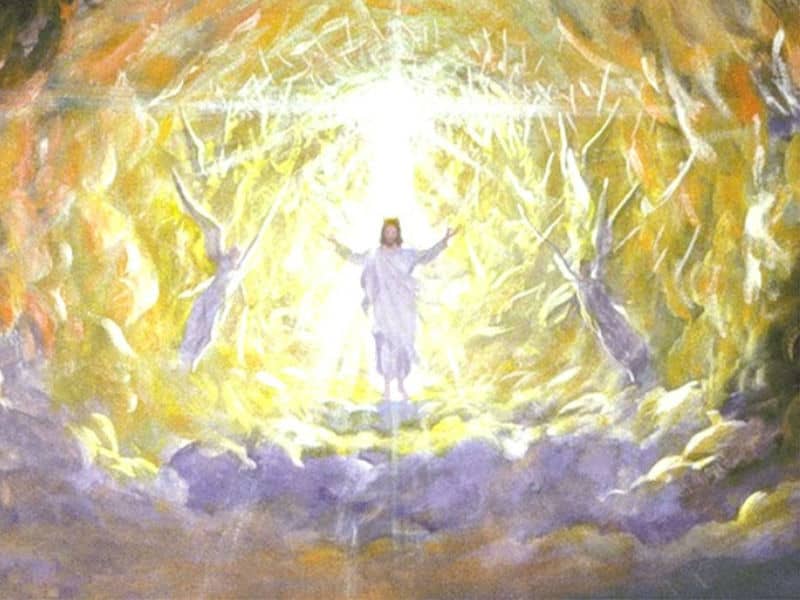This week, Peter Jennings and the people of Beliefnet turned to a gathering in cyberspace and asked the same question. The results turned up some volatile issues and some deep questions--just as they did for Jesus.
The historical Jesus has been a theological question for about 120 years now, and this week's interchange on the Beliefnet message boards has shown that the quest for the historical Jesus is still ongoing.
I observed that a lot of faithful Christians are heavily committed to the details of Jesus' earthly life because they believe in what we Christians call the incarnation. That is, God himself became flesh and lived among us. Reading between the lines of some of the more zealous advocates, I sensed passion about their belief that God lived the same sort of life they are living. I found the tenderness they expressed about these convictions genuinely moving.
I also noticed some people's distrust of academic methodology. Many people, it appears, believe that anyone who approaches scripture with academic tools can't be a person who approaches an altar with an open prayer book. Some of them resolved it this way: they behaved as if they had two very nice gifts sitting on a table in front of them. One was biblical scholarship and the other was faith and piety. They looked at first one gift, and then the other, and wondered if they could actually be used in the same spiritual enterprise.
When people discuss their faith, they can be strident. It is one thing to write this off to ignorance, or lack of sophistication, but I think such dismissive behavior does no good. People become strident about their religious views because they are talking about life and death. Twenty-five years of pastoral experience has taught me that some of these folks have found that a deep, personal, absolute faith in Jesus is the only thing that brings order to lives afflicted with chaos and pathology. Naturally, they get testy if they sense that someone is undermining their faith.
But there were also many people who had obviously studied religion and knew something about contemporary biblical scholarship, archaeology, and biblical history. One or two of them, in particular, made suggestions about where others might go to find answers to questions or useful approaches to theological issues. It was intriguing to watch people helping each other in these ways.
I have spent a lot of time in parish ministry, and much of parish ministry is about teaching. When people come to church, they want to learn about faith and practice. Reading what people did not know or their misunderstanding of history or theology made it clear how much work must be done to teach people exactly what is in the Bible and exactly what the church teaches.
I realize, in short, how much more work people like me need to do.
After I read the latest batch of contributions, it occurred to me why I was feeling a little uneasy about the whole ABC News endeavor. The reason has to do with the sources of authority for Christians. To focus on the Bible is certainly important. It is primary; Christians do, after all, call it the word of God. But many Christians draw their convictions, beliefs, and practices from more than just scripture. In my tradition (Anglicanism) we also refer to tradition and human reason.
As I read the contributions, I kept wanting to say "There's more here to talk about!" For Christians, Jesus is certainly the beginning, and as Teilard de Chardin remarked, he is also the end. But in the course of history, theologians have explored a rich tradition of ideas and practices that may well--if adequately explored--shed light on this week's fascinating discussion.

